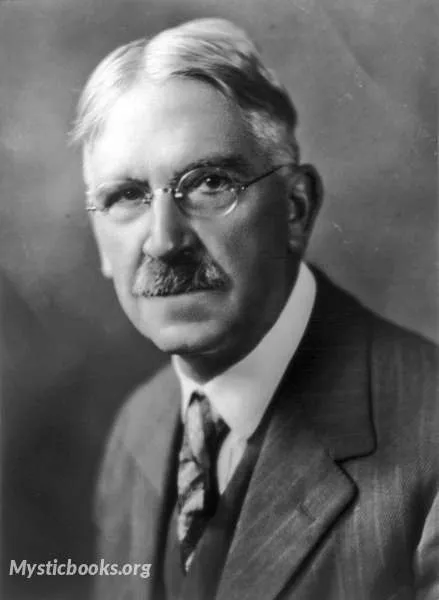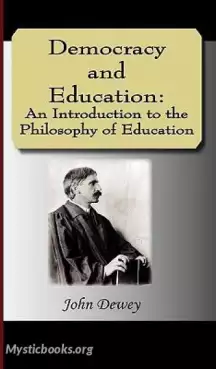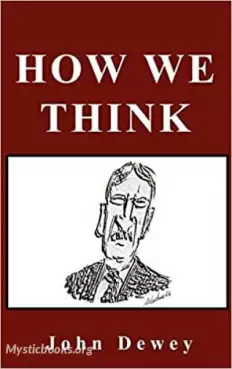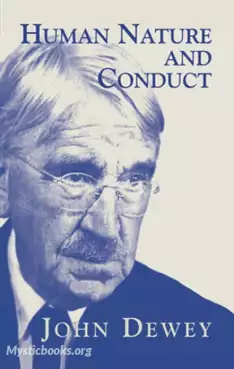
Timeline
Title
Country/Nationality
John Dewey
John Dewey was an American philosopher, psychologist, and educational reformer whose ideas have been influential in education and social reform. He was one of the most prominent American scholars in the first half of the twentieth century.
The overriding theme of Dewey's works was his profound belief in democracy, be it in politics, education, or communication and journalism. As Dewey himself stated in 1888, while still at the University of Michigan, "Democracy and the one, ultimate, ethical ideal of humanity are to my mind synonymous." Dewey considered two fundamental elements—schools and civil society—to be major topics needing attention and reconstruction to encourage experimental intelligence and plurality. He asserted that complete democracy was to be obtained not just by extending voting rights but also by ensuring that there exists a fully formed public opinion, accomplished by communication among citizens, experts and politicians, with the latter being accountable for the policies they adopt.
Dewey was one of the primary figures associated with the philosophy of pragmatism and is considered one of the fathers of functional psychology. His paper "The Reflex Arc Concept in Psychology," published in 1896, is regarded as the first major work in the (Chicago) functionalist school. A Review of General Psychology survey, published in 2002, ranked Dewey as the 93rd-most-cited psychologist of the 20th century.
Dewey was also a major educational reformer for the 20th century. A well-known public intellectual, he was a major voice of progressive education and liberalism. While a professor at the University of Chicago, he founded the University of Chicago Laboratory Schools, where he was able to apply and test his progressive ideas on pedagogical method. Although Dewey is known best for his publications about education, he also wrote about many other topics, including epistemology, metaphysics, aesthetics, art, logic, social theory, and ethics.
Books by John Dewey

Democracy and Education: An Introduction to the Philosophy of Education
An important, controversial, and often cited work on public education. Dewey discusses the role of public education in a democracy and the different methods for achieving quality in education. After its initial publication, this book began a revoluti...

How We Think
What it means to think and what it means to be a true educator. Dewey also provides a framework for analyzing your own biases and assumptions and the way those have inappropriately influenced conclusions on the rightness or truth value of any issue....

Human Nature and Conduct
Dewey's uses the word "HABIT" as a specialized catch-all word to describe how a person and his/her objective environment interact. This interaction is the basis for moral judgement. Dewey writes: "All habits are demands for certain kinds of activity;...

Essays in Experimental Logic
In this early collection of formative essays, acclaimed American philosopher John Dewey argues that the idealistic, realistic, and analytic schools of philosophy fail to take into account the pragmatic and experimental nature of experience - common t...

Human Nature And Conduct - Part 1, The Place of Habit in Conduct
John Dewey, an early 20th Century American philosopher, psychologist, educational theorist saw Social Psychology as much a physical science (with rules and predictive power) as Biology and Chemistry. This project encompasses Part 1 of 4 of his book H...

Human Nature and Conduct - Part 3, The Place of Intelligence In Conduct
John Dewey, an early 20th Century American philosopher, psychologist, educational theorist, saw Social Psychology as much a physical science (with rules and predictive power) as Biology and Chemistry. This project encompasses Part 3 of 4 of his book...

Human Nature and Conduct - Part 2, The Place of Impulse In Conduct
Part 2 describes Dewey's concept of IMPULSES. They encompass the interaction of one's self with the environment. When the environment encounters problems with one's HABITS, Impulses are the motivating, innate forces which prompt one to modify habits...

Human Nature and Conduct - Part 4, Conclusion
John Dewey, an early 20th Century American philosopher, psychologist, educational theorist. This project encompasses Part 4 of 4 of his book Human Nature and Conduct, An Introduction to Social Psychology, published in 1922. Dewey's uses the words "HA...

Moral Principles in Education
In this book, Dewey elaborates the moral principles that play into the field of education. Starting from the role morality plays in the purpose of the school, Dewey asserts his points regarding the moral training that should be given by the school co...